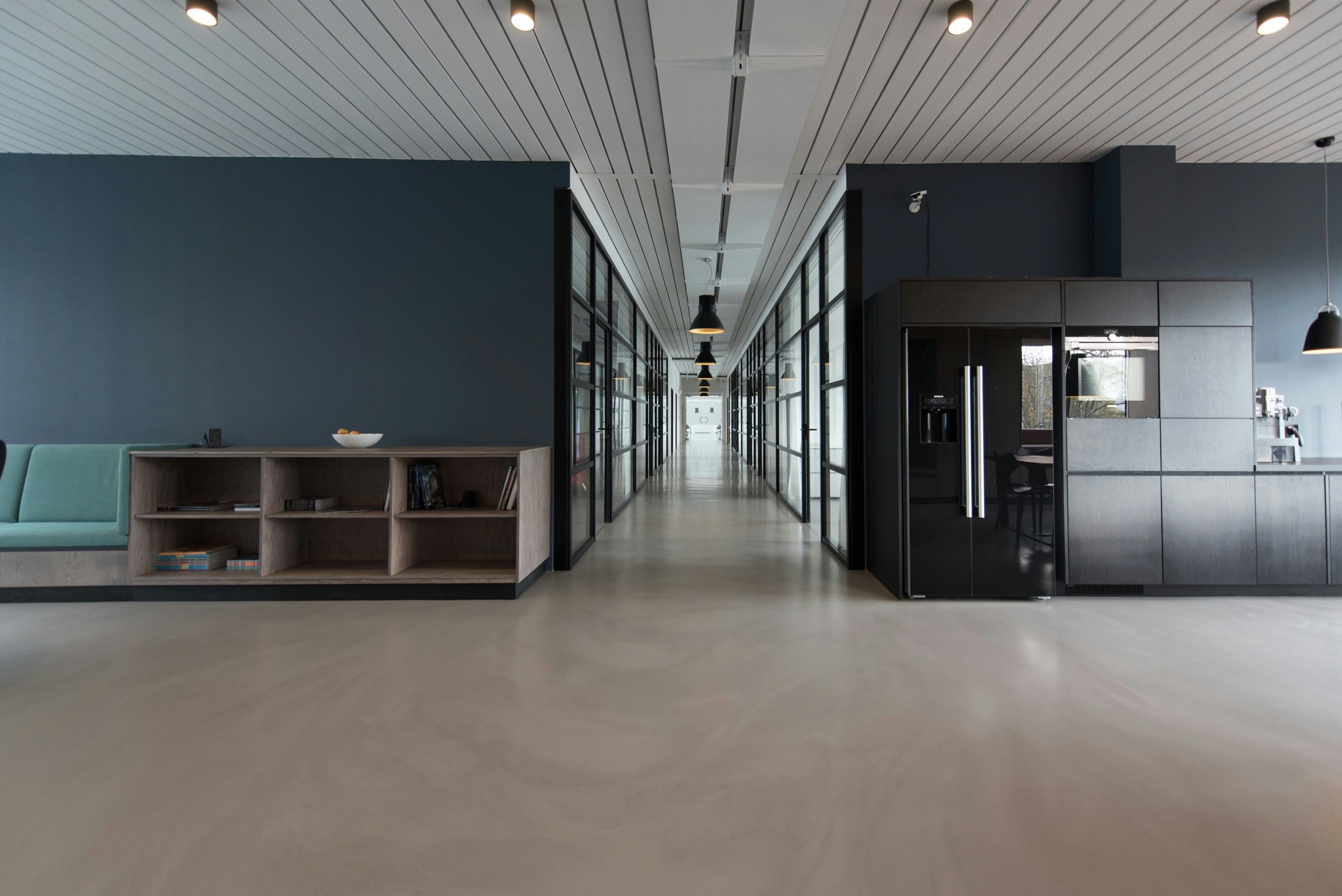Explore Top Interior Design Courses for Aspiring Designers
Discover a curated list of the top interior design courses perfect for aspiring designers. Whether you're looking to hone your skills or kickstart a new career in interior design, these courses offer valuable insights and practical knowledge to help you succeed in the industry. From fundamental principles to advanced techniques, find the perfect course to elevate your passion for design.

What Makes a Quality Interior Design Education Program?
A comprehensive interior design education goes beyond teaching color schemes and furniture arrangement. Top programs combine theoretical knowledge with practical application, covering fundamental principles like spatial planning, color theory, materials knowledge, and architectural elements. Quality courses also emphasize technical skills including CAD (Computer-Aided Design) software, 3D rendering, and drafting. The best educational paths offer hands-on projects that simulate real-world design challenges, allowing students to build portfolios while learning. Look for programs that maintain strong connections with the design industry, as these relationships often lead to mentorship opportunities, internships, and eventually job placements.
Which Interior Design Certification Options Carry the Most Value?
In the competitive field of interior design, proper certification can significantly enhance job prospects and professional credibility. The Council for Interior Design Qualification (CIDQ) offers the NCIDQ certification, widely considered the industry gold standard. This certification requires a combination of education and work experience, followed by a three-part examination. For those pursuing specialized areas, certifications like the American Society of Interior Designers (ASID) professional membership, Certified Kitchen and Bath Designer (CKBD), or LEED accreditation for sustainable design provide targeted professional recognition. Many employers specifically seek candidates with these credentials, making certification programs valuable investments for aspiring designers serious about their career development.
How Do Degree Programs Compare to Short-Term Interior Design Courses?
When deciding between degree programs and shorter courses, consider your career goals, time availability, and financial resources. Bachelor’s and master’s degree programs in interior design typically span two to four years and provide comprehensive education covering design theory, history, business practices, and technical skills. These programs often include valuable internship opportunities and result in a recognized credential. Short-term courses and certificates, ranging from several weeks to a few months, offer focused skill development in specific areas like color theory, residential design, or software mastery. While these don’t provide the breadth of a degree, they can be excellent for building specific skills, changing careers quickly, or complementing existing education.
Can Online Interior Design Courses Provide Adequate Training?
The digital transformation of education has revolutionized access to interior design training. Today’s top online interior design courses offer impressive flexibility without sacrificing educational quality. Virtual learning platforms now feature interactive 3D modeling software, detailed video demonstrations, and robust feedback systems. Many online programs include virtual studio sessions where students can receive real-time critiques from instructors and peers. Look for online courses that provide opportunities to develop physical material boards, create technical drawings, and build a professional portfolio. The most effective online programs balance self-paced learning with structured deadlines and include opportunities for networking with industry professionals through virtual events and seminars.
What Career Pathways Do Interior Design Courses Open?
Interior design education launches graduates into diverse career paths beyond the traditional role of residential designer. Commercial design specializations offer opportunities in workplace environments, hospitality settings, healthcare facilities, and retail spaces. The entertainment industry regularly hires designers for set decoration and styling. Sustainable design has emerged as a growing specialty, with professionals focusing on environmentally responsible practices. Many designers eventually establish their own studios or consultancies, while others move into adjacent fields like product design, exhibition design, or historic preservation. Design education also builds transferable skills valuable in roles like project management, visual merchandising, real estate staging, and design education itself.
How Much Do Interior Design Courses Cost and What’s the ROI?
The investment in interior design education varies significantly based on program type, institution, and duration. Associate degree programs typically range from $6,000 to $30,000 in total, while bachelor’s degrees can cost between $28,000 and $160,000 depending on whether you attend a public or private institution. Certificate programs offer a more affordable entry point at $3,000 to $12,000. Online courses present even more economical options, with specialized courses available from $500 to $5,000.
| Program Type | Average Cost Range | Duration | Best For |
|---|---|---|---|
| Bachelor’s Degree | $28,000-$160,000 | 4 years | Comprehensive education; traditional career path |
| Associate Degree | $6,000-$30,000 | 2 years | Faster entry to workforce with formal education |
| Certificate Program | $3,000-$12,000 | 3-12 months | Focused skill development; career changers |
| Online Courses | $500-$5,000 | 1-12 months | Flexible learning; specialized skills |
| NCIDQ Certification | $1,365 (exam fees only) | Varies | Professional credential after education/experience |
Prices, rates, or cost estimates mentioned in this article are based on the latest available information but may change over time. Independent research is advised before making financial decisions.
The return on investment for interior design education is reflected in salary potential, with the Bureau of Labor Statistics reporting a median annual wage of $60,340 for interior designers, with top earners exceeding $99,070. Beyond financial returns, design education provides valuable networking opportunities, portfolio development, and the credentials needed for career advancement in this creative field.
Interior design courses provide the technical foundation, creative inspiration, and professional connections needed to transform a passion for design into a fulfilling career. Whether choosing a comprehensive degree program or specialized certification path, the knowledge and skills gained through quality design education create a platform for success in this dynamic and rewarding industry.




